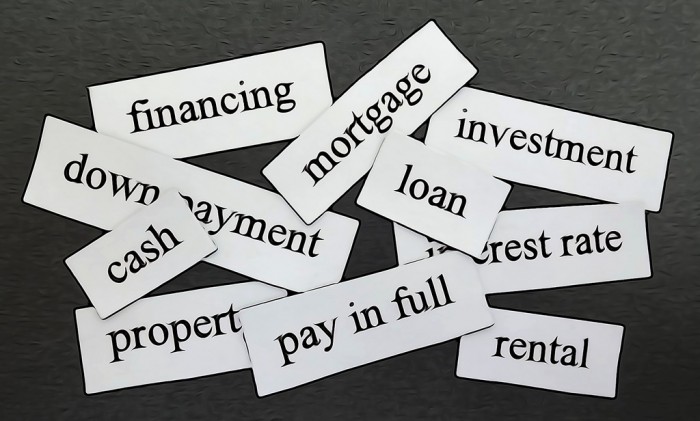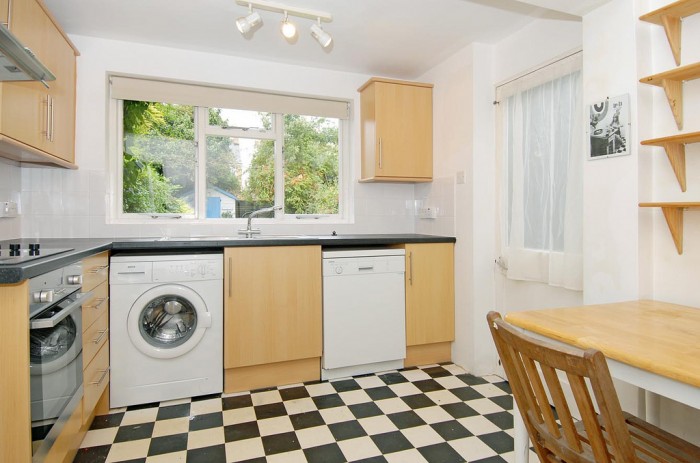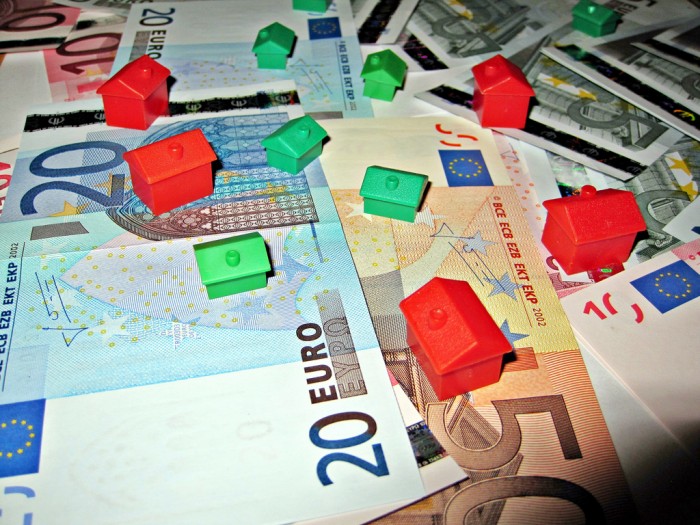
Many people dream of passive income so that they don’t have to work so hard. But, being a landlord isn’t always easy work. Here’s what you need to know about buying rental property and what you’re in for.
Income Can Be Inconsistent
When you buy an investment property, you’re putting a lot of your net worth and savings into one “basket” so to speak. While it can be lucrative, you can also lose your shirt. Rental property works because tenants pay you an income for leasing the property from you.
If you buy a £100,000 property to let, you should aim to take £1,000 in rental income per month. This follows a general investment guide for real estate that says properties should let for 1 per cent of their value.
However, when you first buy a property, there’s a layover period where you must fix up the place, clean it out, and prepare it for the tenant. You’re not making money during this time.
Then there is the problem of tenants. Not all tenants are honest and good people. If your tenant stops paying rent, and you have to negotiate with them or evict them, there are added costs – your property is losing money.
Not only are you not getting cashflow now, but you’re still stuck paying for things like the mortgage, property taxes, and insurance, along with maintenance.
You Need To Maintain Your Property

Speaking of maintenance, this is something that many landlords ignore to their own detriment. Maintenance on rental properties is often seen as a necessary evil. After all, it’s not your personal residence, so why bother keeping it up.
Many landlords have an overall negative or pessimistic view of tenants. They often believe that, because it’s not the tenant’s property, they won’t be willing to take care of it. While this is true in many circumstances, it’s not true in every circumstances.
Your job, as a landlord, is to protect your investment by only renting to people who are responsible.
If you buy a decently maintained property from Abbotts, you can defray some of these maintenance costs in the early years. And, to be honest, you can eliminate the headache of dealing with tenants personally by employing a property manager. Property managers generally take 10 per cent of the rental income, so this will eat into your profits.
It won’t do you any harm to check in with your tenants to see if anything does need fixing or helping with, especially during the winter months where the inside and outside can have its hazards. Make sure that you get a HVAC professional in at least once a year for a full check. Also think about getting a battery snow shovel to help with clearing the outside when heavy snow hits, then placing salt down to keep the area clear and safe for people to walk on. It is still your property, even when you aren’t in it, and being good to your tenants will pave the way for good ones to come to you.
Account For All Costs
Don’t forget to account for all of the costs associated with the home. Save money aside for things like taxes, insurance, maintenance (which should run you between 5 and 7 per cent of the total value of the property, per year), and property management.
All told, you could be setting aside $500 or, or more, per month.
Your Property Taxes Might Explode On You

One thing you can’t control is taxes. Your local municipality might raise them on you – by a lot. It’s not uncommon for governments to increase taxes between 25 and 300 per cent, depending on revenue needs and the total tax base. That’s not to say that this will happen, but it’s a variable you can’t control.
Check historical tax increases in areas where you’re thinking of buying. If you see a pattern of substantial increases, then you will have to set aside more money to cover costs or buy in a different neighbourhood. It’s a good idea to go back at least 10 years, and 20 years should give you an even better idea about how governments respond to various local economic climates.
Renters Can Be Really Mean
Renters sometimes do wreck your property. If a renter believes he or she has been treated unfairly, you can bet that they will break their lease with you. But, they may also damage the property. Some landlords stop by their rental units to find doors missing, rugs torn up, walls and windows damaged, locks changed or damaged, and sometimes structural damage.
Good Tenants Need To Be Taken Care Of
When you do get good tenants, take care of them. Many landlords don’t, and it’s a shame. Make sure you’re keeping the house up. A tenant that pays on time for a year or more deserves extra-special attention. This person is a consistent source of income.
Some landlords will celebrate long-term tenants and thank them by giving them a month of free rent, perhaps in December as a Christmas gift.
Other landlords will send periodic gifts to good tenants to let them know that they are appreciated. If you decide to buy an investment property, whatever you do, make sure your good tenants know that you appreciate their business and that you’re happy to have them.
Kate Nash helps run a large portfolio of investment properties and enjoys taking the opportunity to share her insights regarding a successful lettings strategy. Her thoughts and ideas can be found on a number of property and investment websites.
photo credit: Magnetic Poetry – Investment Property Financing: Mortgage or Cash via photopin (license)
photo credit: Southfield Road Kitchen via photopin (license)
photo credit: Buying property in Europe via photopin (license)


